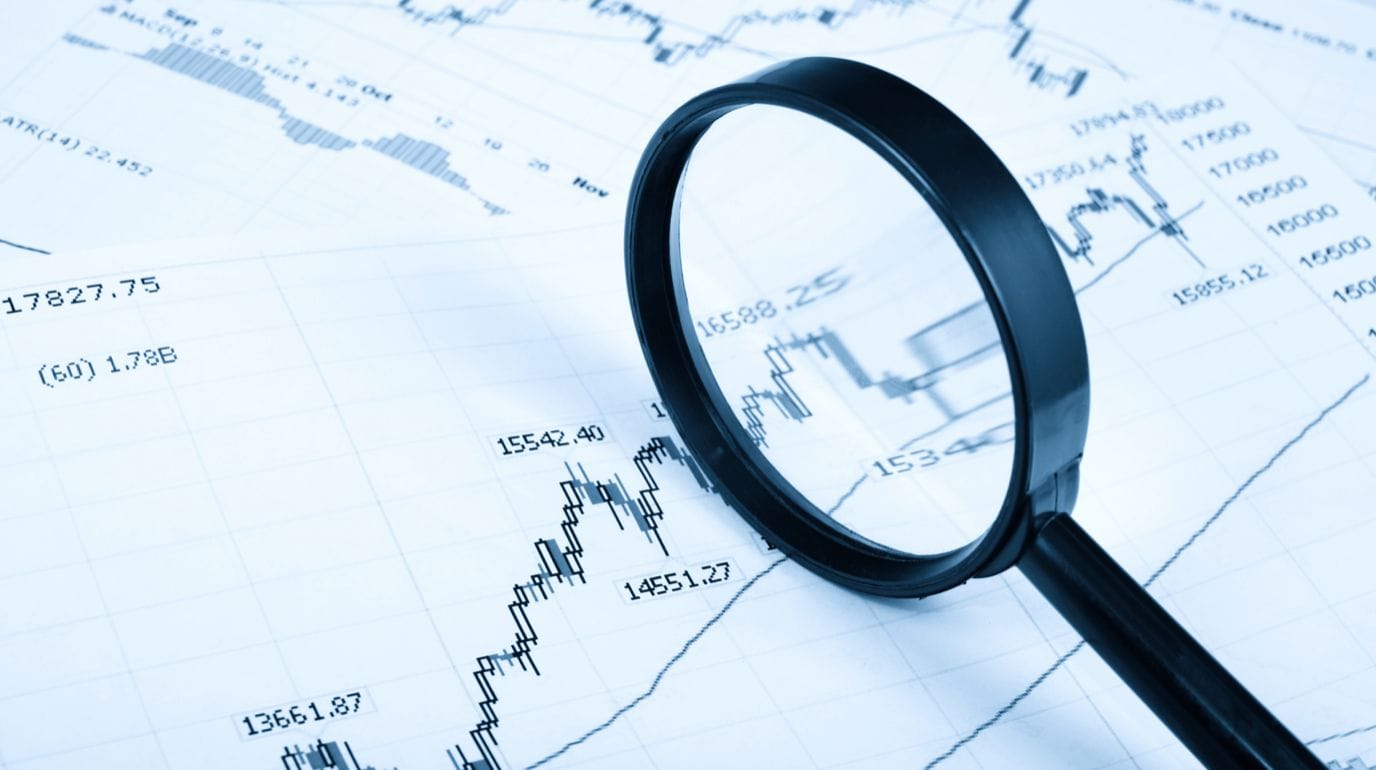Octa Broker Examines Investment Opportunities in India, Indonesia, Malaysia
According to an Octa broker, South and Southeastern Asia economies, particularly India, Indonesia, and Malaysia, have emerged as unexpected investment hotspots with strong GDP growth, favourable inflation rates, and thriving stock markets, offering promising opportunities for investors.

While the global market grappled with uncertainty, South and Southeastern Asia economies, particularly India, Indonesia, and Malaysia, have emerged as unexpected investment hotspots. With strong GDP growth, favourable inflation rates, and thriving stock markets, these nations offer promising opportunities for investors looking to capitalise on the region's economic momentum.
It could have been challenging for an investor to predict the current course of the market's direction in 2024 within the South and Southeastern Asia economies. Even though some major economic institutions hinted that opportunity was on its way, investors may have underestimated the region's investment prospects, even to this moment. This report aims to look closer into the South and Southeastern Asia regions, focusing specifically on the economies and stock markets of India, Malaysia, and Indonesia, along with the economic environments surrounding them.
India
Morgan Stanley (MS) was among the first financial services firms to claim that investors' attention would be turning to India in 2024, as further economic growth was foreseen. MS, in its 2024 Investment Outlook, clearly stated that India would be seeing superior growth in earnings per share as opposed to the broader emerging markets.
This was confirmed recently as India's Nifty 50 and BSE Sensex 30 indices reached record highs in the latest days of August. According to official data regarding Nifty 50, the sector with the most weight within the index remains Financial Services with 32.76%, while second comes Information Technology with 13.76%. From a YTD perspective, the Index's Net Total Return has reached 15.44%. As per their weight, some of the most influential stocks within the index are HDFC Bank Ltd., Reliance Industries Ltd., and ICICI Bank Ltd. On the other hand, the BSE SENSEX Stock Market Index advanced 9,470 points or 13.11% since the beginning of 2024.
Yet, general optimism for the Indian economy was also boosted after its gross domestic product (GDP) rate increased by 7.8% in Q1 of 2024, decisively surpassing forecasts of a 6.7% expansion. Furthermore, Indian inflation declined notably from 5.08% in June to 3.54% in July, marking a drop larger than expected. Two crucial indicators of the Indian economy, the GDP and the CPI, are evidently pointing to improved economic circumstances, bearing in mind that the global economic scene is moving into a rate-cut environment. Rate cuts from different central banks may favour emerging market economies, as international investors can obtain cheaper loans with lower interest rates and invest these funds in the South and Southeastern Asia regions.
Indonesia
On a separate note, Indonesia had also received a positive outlook earlier in 2024. In June, Indonesia's economy was investigated in a report by the World Bank Group—with some key information pointing to optimism. In the long run, Indonesia attracted investments through strategic macroeconomic decisions made by its government. The country's GDP grew by 5% in 2023 and by 5.1% in Q1 2024, displaying stability and a healthy rate of economic expansion. Although the annual inflation rate accelerated to 2.8% in May (from 2.6% in January), it remains relatively low and within Bank Indonesia's (BI) 2024 target band of 2.5 +/- 1 per cent.
The central bank's interest rate stands at 6.25%, while the Deposit Facility (DF) rate is 5.50%. In a separate report by the IMF, it was claimed that if BI were to cut rates sooner than expected, possibilities for further growth could be on the rise. In parallel with its economy, Indonesia's main stock exchange, known as the Jakarta Stock Exchange Composite Index (JKSE), has gained more than +5% on a YTD basis, according to Yahoo Finance so far in August.
The largest sector covered by the index is Finance (35.7%), with firms like Bank Rakyat Indonesia (Persero) Tbk and Bank Central Asia Tbk heading the list in terms of index weight. The second comes to the sector of Basic Materials (16.2%), with companies like Amman Mineral Internasional Tbk and Chandra Asri Petrochemical Tbk heading the list.
Malaysia
Finally, we focus on the Malaysian economy and its capital market, the Kuala Lumpur Composite Index (KLCI). Malaysia's economy is another region with a favourable outlook for 2024. Its GDP growth rate surged to 5.9% in Q2 of 2024, substantially improving from the 4.2% rate in the previous quarter.
Moreover, exports of goods and services rose to 8.4% compared to 5.2% in Q1 2024. On a less positive note, its headline inflation rate accelerated to 1.9% in Q2 as opposed to 1.7% in Q1 2024, but the rate remains low overall. The central bank of Malaysia, Bank Negara Malaysia (BNM), through its Monetary Policy Committee (MPC), maintained its Overnight Policy Rate (OPR) at 3.00% and noted that in the future, exports are expected to be further lifted by the global tech upcycle given Malaysia's position in the semiconductor supply chain.
This is a critical point, as demand for semiconductors is growing strongly, according to a recent report by Semiconductor Industry Association. On a YTD basis, KLCI increased by +15.16% in 2024, while in August, it increased higher in consecutive days. According to an official fact sheet, the companies that carry more weight in the index are the Public Bank BHD and Malayan Banking, both from the Financial Services sector, while Tenaga Nasional from the Utilities sector is also notable.
In conclusion, according to a report by Open Knowledge Repository, South and Southeastern Asia are expected to continue to be the fastest-growing regions in the world for the next two years, with growth projected to be 6.1% in 2025. This information tends to support the notion that other economies of the region (not mentioned in this report) could also follow the trend.
However, it could be useful to remember that the region is also tied to agricultural output and could be prone to disruptions to trade and commodity price shocks. ‘Escalation of geopolitical tensions like the Gaza–Israel conflict or even Russia's war in Ukraine could cause spikes in commodity prices and hurt trade.
Consequently, this scenario could raise shipping costs and increase transport times. Finally, it is also apparent that chances for a deepening trade war among great powers like the U.S., China, and the EU can impact global trade substantially and have an adverse impact on the economics of Southeast Asian nations’, said Kar Yong Ang, Octa broker analyst.


